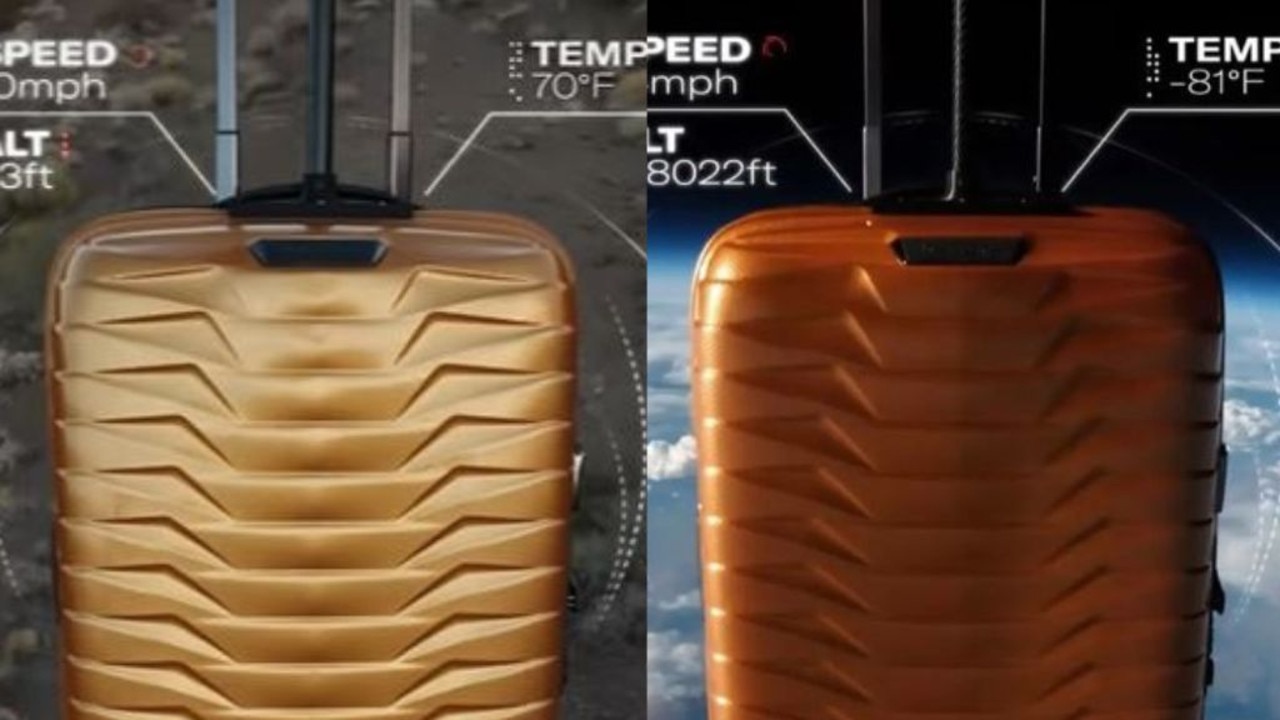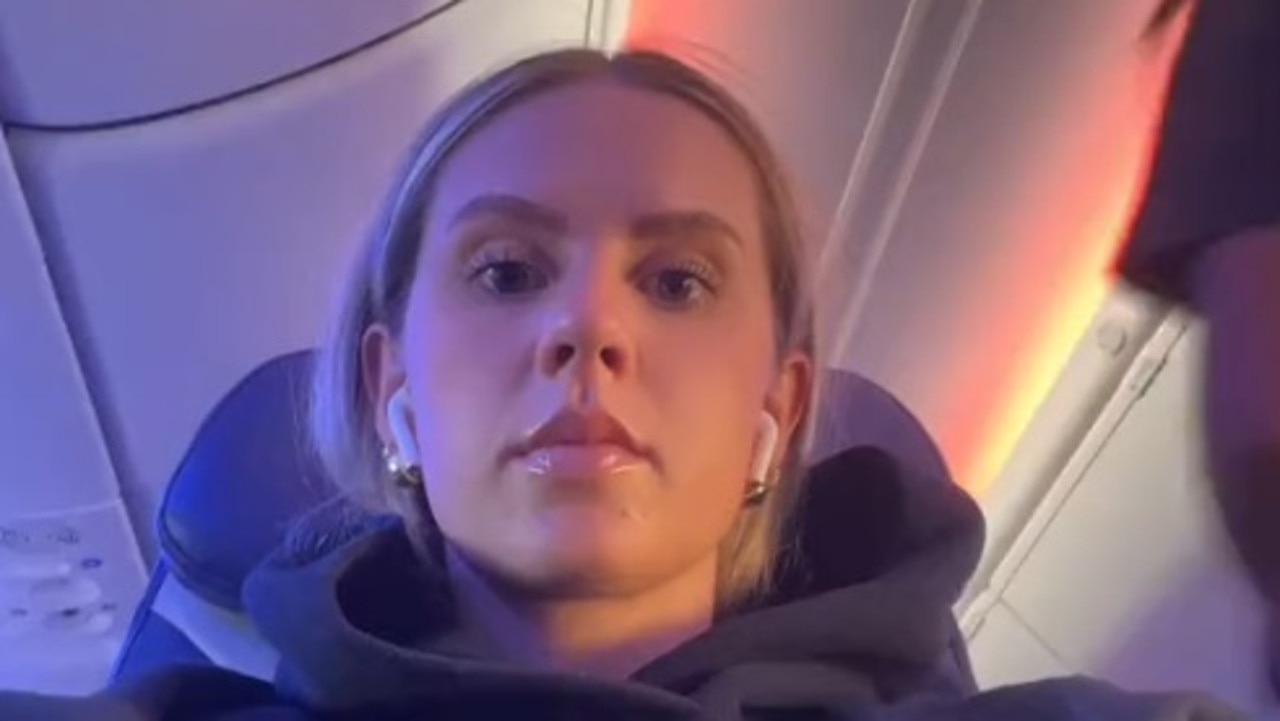South Korea announces new visa requirements for certain tourists
Tourists planning a trip to an increasingly popular destination are being warned of a new visa that’s recently come into place.

It’s the destination that’s previously been overlooked by Aussie travellers in favour of places like Indonesia, Fiji and Japan — but with an increase in flight offerings, South Korea has never been more popular with tourists from Down Under.
According to the Australian Travel Industry Association (ATIA) data, more than 90,000 Australians visited South Korea between June 2022 and May 2023, a leap from the 75,000 visits during the same period in 2019.
But visitors are now being warned to ensure they have all the right documents in place before entering — with South Korea bringing in a brand new visa for a rather specific type of visitor.
From this month, the new Workcation or Digital Nomad Visa, means remote workers of overseas companies who wish to stay in Korea can do so for up to one year, with the possibility to extend for an additional year.
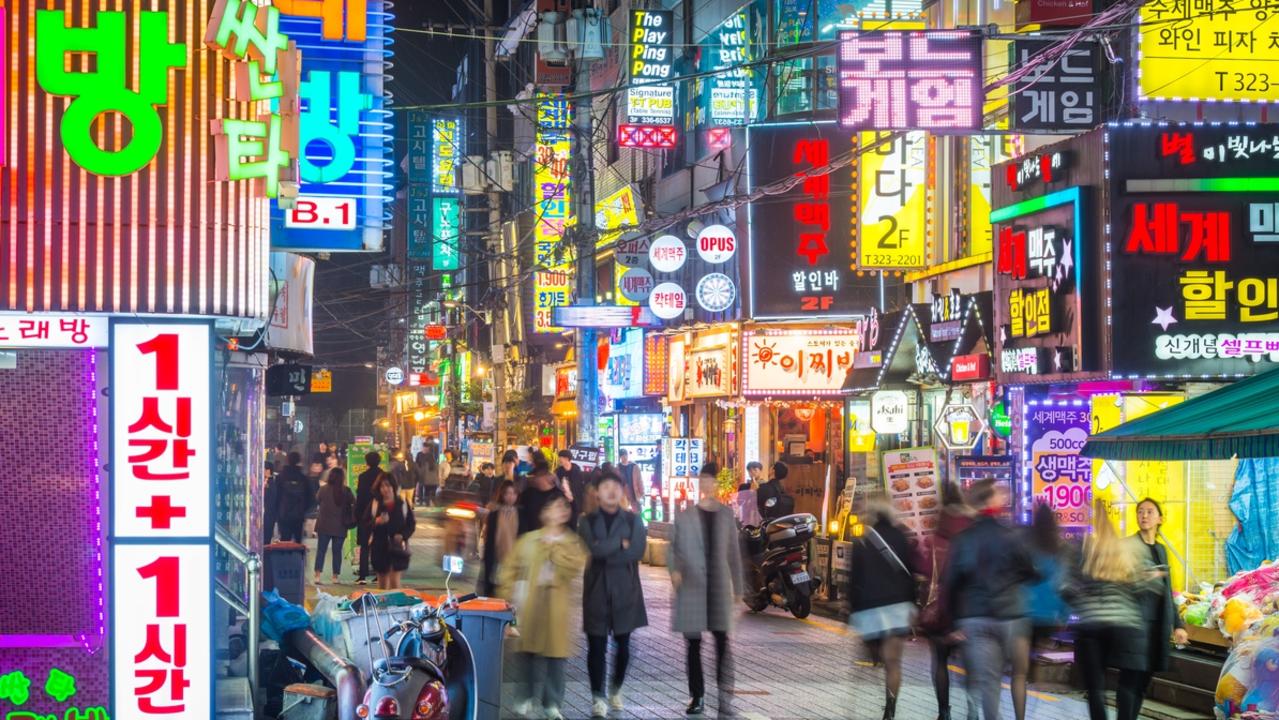
Previously, remote workers travelling in Korea were limited to stays of up to 90 days.
The requirements to be successful with the visa are quite finicky, with applicants aged 18 or older needing to have worked for an overseas company for at least one year and have earned a salary equivalent to at least 85,000,000 KRW (around AU$97,000) in the previous year. According to Visit Korea, applicants should also have medical insurance that covers over 100,000,000 KRW (around AU$114,000) in medical treatment and repatriation fees.
Qualifying applicants may also apply for their dependent family to stay in Korea during the visa validity period. Eligible remote workers currently staying in Korea on a short-term visitor visa can apply for a change of visa and in turn, extend their stay.
However applicants who are hoping to use the new visa as a ticket to a longer stay are being warned that this visa does not act as a work permit for employment in Korea, and engagement in profitmaking activities is strictly prohibited.
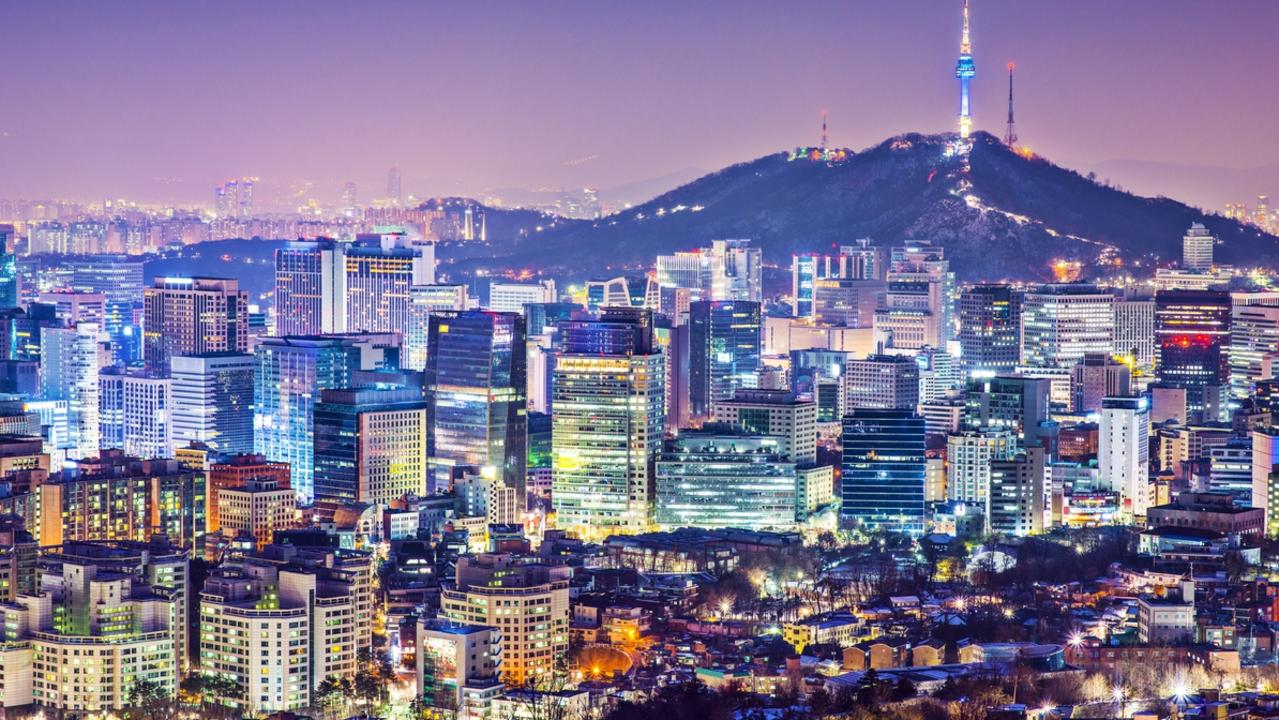
South Korea has also announced a secondary visa that will be required later in the year, dubbed the Hallyu visa, or the ‘K-culture training visa’. This document is specifically targeted for enthusiasts of South Korean culture, and will allow foreign individuals who register at local performing art academies to stay in the country for up to two years.
According Visit Korea, with this visa, those passionate about Korean culture or related fields in the pop industry will receive education and training from experts in Korean music, film, animation and gaming industries and will be launched in the second half of 2024 specifically for enthusiasts of Korean culture.
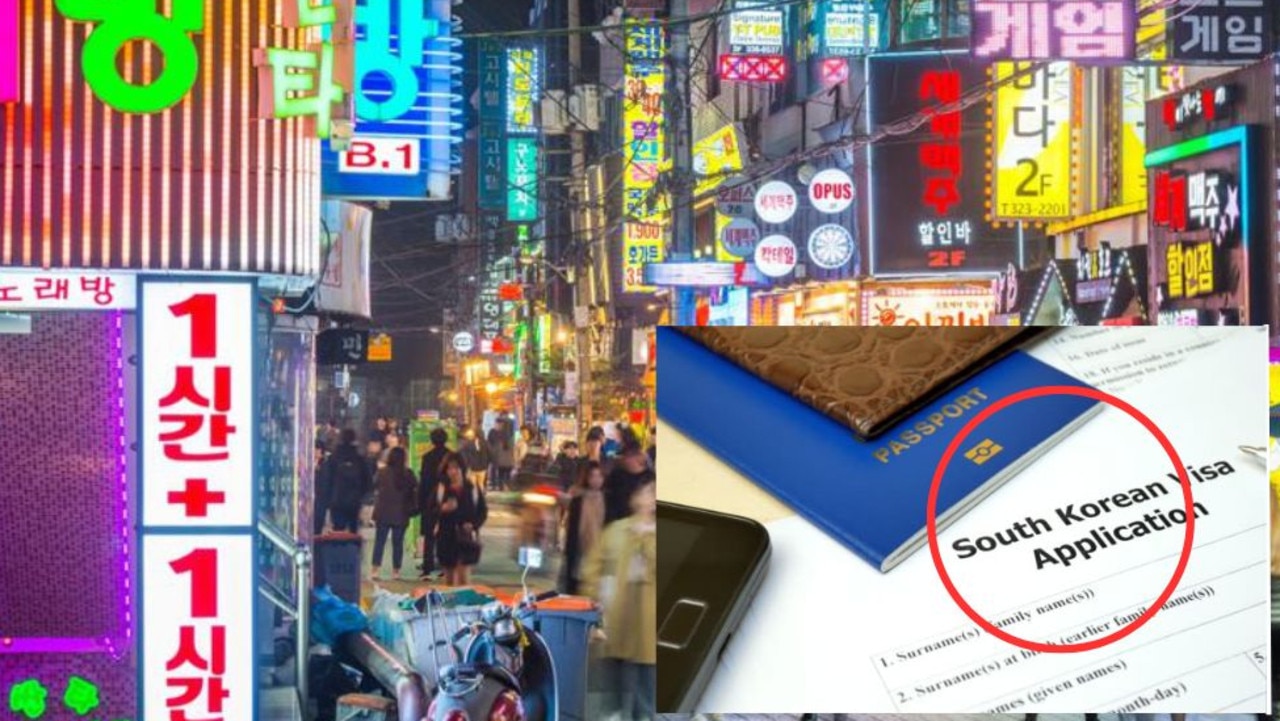
Hallyu, which translates to “Korean Wave,” refers to the enormous global popularity of South Korea’s cultural economy exporting K-pop culture through music, films and other artistic mediums.
South Korea’s growing popularity for Australian visitors has been attributed to the “cultural phenomenon” surrounding the country’s music scene and streaming shows.
The $10-billion K-pop industry has become a crucial part of the country’s economy, and continues to boom as one of the most-cited reason for visiting, according to a report released in October by South Korea’s culture-and-tourism ministry.
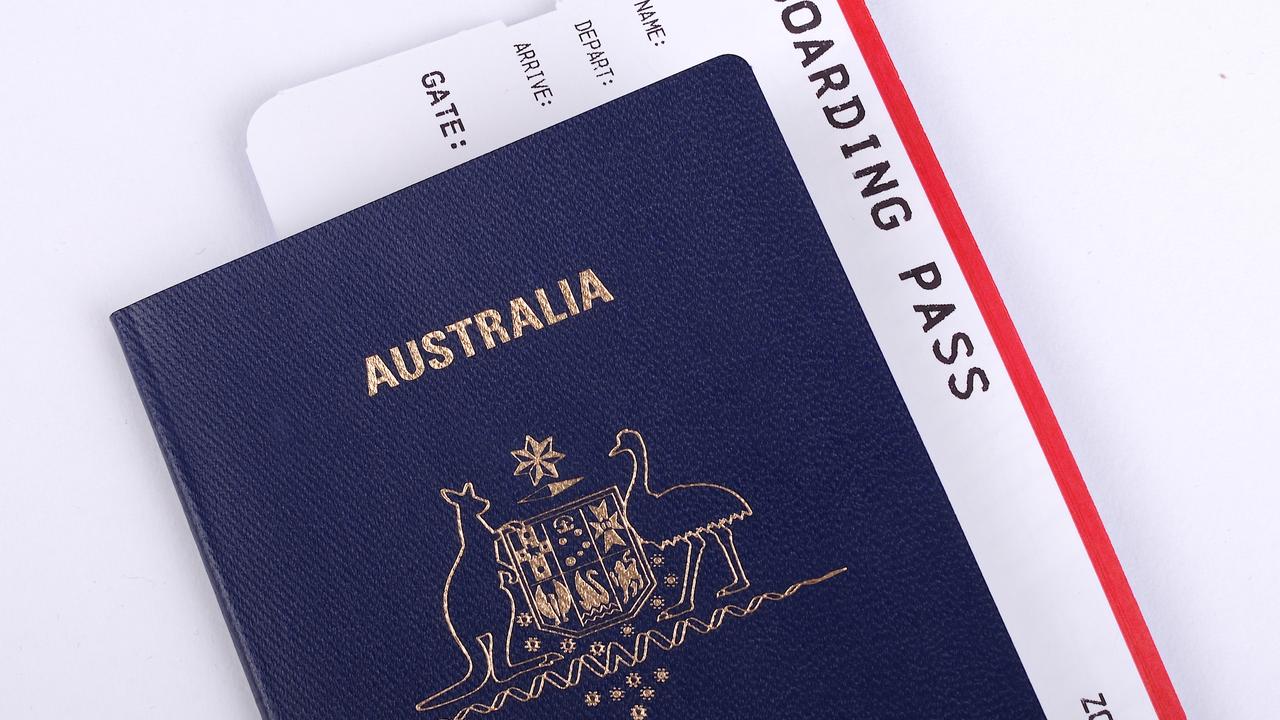
For the report, researchers tracked mentions of Korean culture for three years on social and online media in the 20 top countries that drive inbound tourism, according to Forbes.
The study found that K-pop was mentioned nearly 37 million times — roughly 2.6 times more often than the next most-cited motivation, Korean food, and about four times more often than general Korean cultural content.
Flights to Seoul from certain Australian ports have also provided access to South Korea and allowed greater visitation, with Qantas and Jetstar launching direct flights between Sydney and South Korea’s capital city, Seoul, in December 2022.

